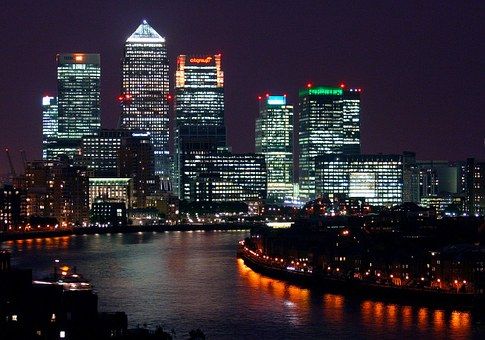Value added tax (VAT) is a tax which is applied to almost all of the goods and services produced if they cost a certain amount in their production process. You may get your company registered voluntarily even if it does not have the required turn over. In some countries, being VAT registered is a norm. The whole process of Vat includes VAT agents. These agents have the responsibility of acting on behalf of each other. This action is authorized by the Principal. The principal is the one who will direct the action of one agent on behalf of the other.
The relationship between the Principal and the agent is known to the third party in two ways. Either it is disclosed or it is undisclosed. If the agent is disclosed, he will act in the name of the Principal. If the agent is undisclosed, he will act with his own name.
VAT agent, Disclosed:
A disclosed agent works with the Principal. The customer knows that they are dealing with the agent of the Principal. The Principal, in the disclosed case, works as the third party. All the goods and the services are directly related to the Principal. VAT agent, in this way, does not supply anything to the customer. It only deals with the Principal. All of the communication is carried out between the Principal and customer. In the whole process, it is the principal who will focus on the VAT for the sales in accordance with the normal place of supply rules.
VAT agent, undisclosed:
Information about the undisclosed agent is referred in the article 28 of EU VAT Directive stated as, ‘where a taxable person acting in his own name but on behalf of another person takes part in a supply of services, he shall be deemed to have received and supplied those services himself’. An undisclosed agent is responsible for the sales and supply of goods and services as an agent himself. He will be treated as both a buyer and a seller in every case. The undisclosed agent, on the other hand, will be involved in non-EC or intra-community supply of goods and services.
The VAT agent is responsible for the proper VAT rate in accordance with the way and place where the supply will take place. He will treat his sales of its Principal goods and services as if he is the one who is receiving them from the Principal or sold them to different customers. The selling will be done with the purchase prices equals to the sales prices, should be less than the agent’s commission or fees. The agent will then be able to recover VAT on the purchased goods which will then help him to reduce the administrative burden on the Principal.
The way in which the supply and purchase of the goods take place depends on the area of action. There should be a clear legal agreement between the VAT agent and the Principal so that they can get involved in the transaction in an appropriate way.


